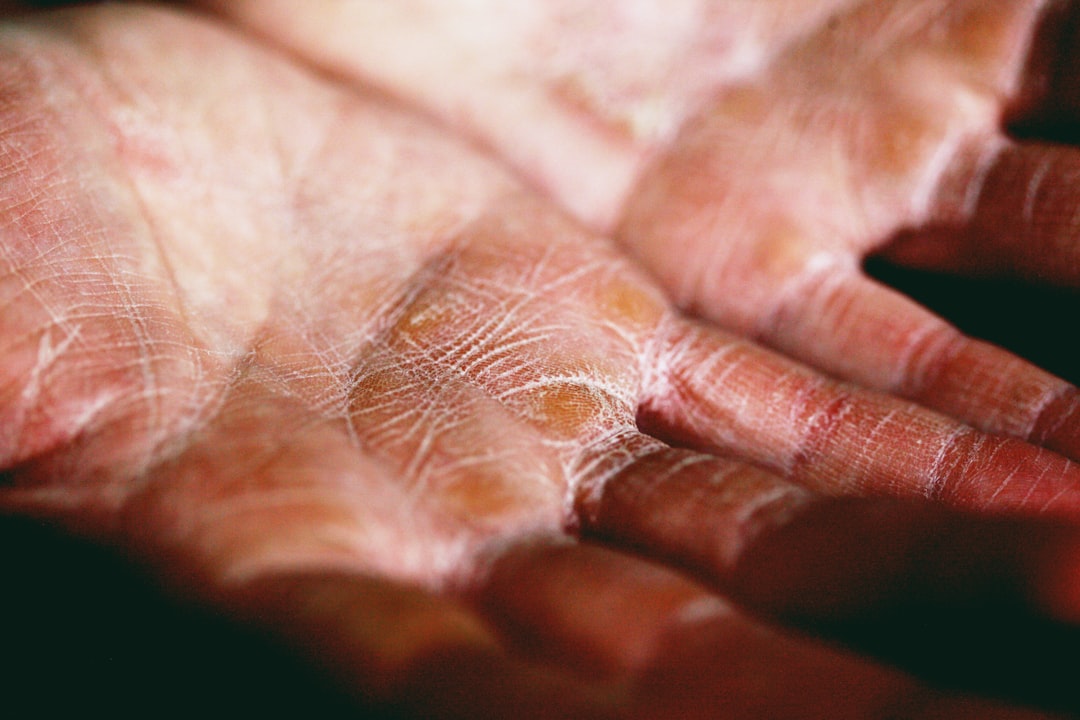Vitamin patches are an easy way to add vitamins into your diet without having to take pills every day. They're also great for people who struggle with swallowing pills.
Biotin – For dry or combination skin.

Biotin is one of the best vitamin patches for dry or combination skin. It's often used as a treatment for acne because it helps reduce inflammation and redness.
Biotin is a water-soluble vitamin that is found naturally in foods such as liver, eggs, milk, and fish. It is also added to many cosmetics and beauty products. The recommended daily intake of biotin is between 50 and 100 micrograms per day.
Vitamin C – For oily skin.
If you have oily skin, you should use vitamin C patches every day. This will help keep your skin hydrated and prevent breakouts.
The best vitamin C patches for oily skin contain at least 100 mg of vitamin C per patch. You can find them online or at your local drugstore.
Vitamin E – For normal skin.
Vitamin E is an antioxidant that helps protect against free radicals. It also helps maintain healthy cell membranes.
The best vitamin E patch is one that contains at least 100 IU per square inch. That means that if you apply a patch that has 10,000 IU per square inch, you’re getting 10 times the amount of vitamin E than if you applied a patch that had 100 IU per square inch (or 1,000 IU per square foot).
Vitamin K – For sensitive skin.
Vitamin K is essential for blood clotting and bone growth. It also helps keep your skin soft and supple.
The best vitamin patches contain high levels of vitamin K. These include the following:
Vitamin B12 Patches Living Nutritionals
Vitamin C with Zinc Transdermal Patches
Vitamin D3 Sunshine Patch
Vitamin A – For acne prone skin.
Vitamin A is an antioxidant that protects against free radicals. Free radicals cause damage to cells and DNA, leading to premature aging and wrinkles. Vitamin A also promotes healthy hair and nails.
The best vitamin patches contain high levels of beta carotene, which converts into vitamin A in the body. Beta carotene is found in carrots, sweet potatoes, spinach, kale, collard greens, turnip greens, cantaloupe, mangoes, apricots, peaches, plums, and pumpkins.
